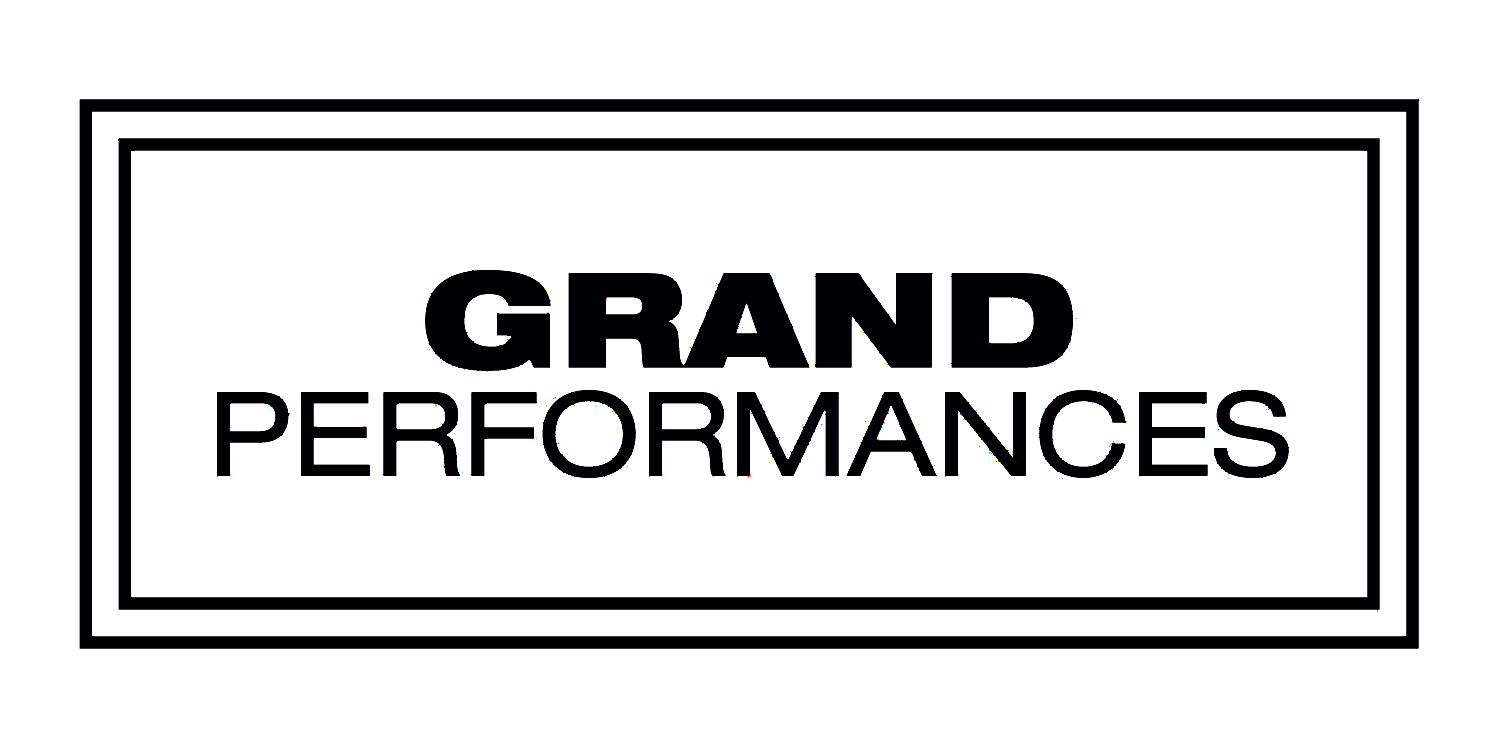kpcc: LA musicians learn Qawwali
https://www.kpcc.org/programs/the-frame/2015/10/21/44921/los-angeles-musicians-learn-qawwali-a-centuries-ol/
Christopher Alvarez
Singers and musicians from Southern California mixed sounds and traditions with a group of Pakistani musicians who were here for a weeklong residency.
A family of Qawwali musicians from Pakistan recently spent a week jamming with local musicians in Los Angeles. The four brothers and their band, named Rizwan Muazzam Qawwali, descend from a long line of musicians. They’re nephews of the legendary Nusrat Fateh Ali Khan, who was known as the King of Qawwali.
Qawwali is a musical genre from South Asia that dates back hundreds of years. It’s spiritual Sufi music, which stems from Islam, and it’s very upbeat. Think gospel with a South Asian twist.
Singers and musicians from all over L.A. packed the historic Boyle Heights Arts Conservatory to learn from the Pakistani brothers. They had just a few days to get ready for a big Qawwali show at Grand Performances in downtown L.A.
At the jam session, the singers listened attentively and nodded with appreciation as the Pakistani brothers explained the style and lyrics. The Americans then practiced singing the Urdu language verses. For many, it was their first experiment with Qawwali.
“They are singing with the full range of emotional expression that they have inside their bodies,” said Sri Panchalam, an Indian American singer from South Pasadena who joined the jam session. “And when you see that, it makes you want to — as a singer — aspire to more.”
The Pakistani singers said they put all their heart and soul into their music since it’s a family tradition. “Our ancestors have been keeping this tradition alive for 700 years," said Muazzam Ali Khan, the youngest brother. "It’s been continuing generation after generation."
But, this wasn't your ordinary Qawwali session. There were all sorts of instruments – from clarinet, cello, violin, saxophone, trumpet, guitar and drums, all the way to harmoniums, tablas, a traditional Indian wooden flute, a mandolin, and even a Middle Eastern oud. There were also three saws. Yes, the kind you might find in a hardware store.
“You walked into this room and you see all of these instruments lined up across the wall," Panchalam said. And my first impression was, How in the world is this going to work?”
By fusing musical sounds from South Asia with western instruments, the brothers hope to reach a younger generation. They came here all the way from Faisalabad for their week-long residency and concert.
“We want to attract people to Qawwali music, especially the youth, who have distanced themselves from this music,” Muazzam said. Their famous uncle also experimented with Western music, notably with Pearl Jam's Eddie Vedder on the soundtrack to the film, "Dead Man Walking."
After some practice time in the Boyle Heights venue, everyone started jamming together, with the L.A. musicians following the lead of the Pakistanis. It was a little tricky to harmonize at first, but the musicians soon figured it out.
Danny Moynahan played one of the Appalachian-style saws with his bow. “It was just like, hey, what would it sound like if we put a saw on this?” he said. “All the elements really blended nicely and everybody was really psyched about it.”
One of the vocalists, Eddika Organista, is a Mexican-American native of Boyle Heights who studied music at UCLA. Despite the language barrier with the Pakistanis, she said it wasn’t hard to sing together: “Because music is universal and it’s a whole other language, you can communicate something just with sound."
Panchalam, who performs with both a jazzy folk band and a South Asian punk band in L.A., was impressed with this fusion of sounds: “There’s just everything coming together from two sides of the globe."
“Both of these worlds are usually really separate to me — the South Asian music and the Western music,” Panchalam added. “To see it all together in this space really felt like all my worlds were colliding musically.”

